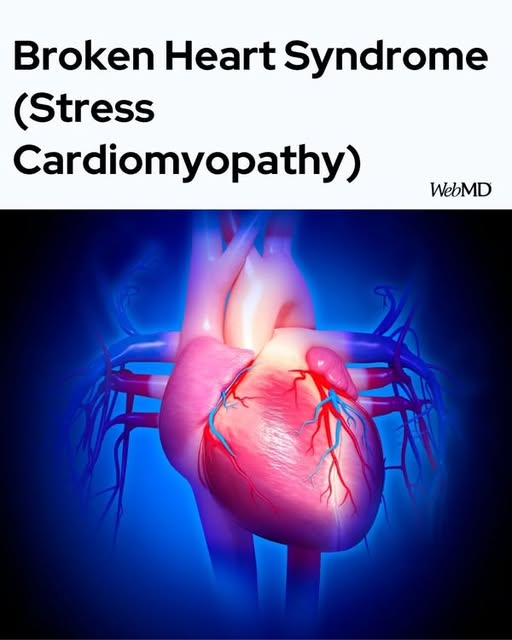You’ve seen it in movies or heard about it on the news—elderly couples who’ve spent a lifetime together, only to pass away within days or even hours of each other. Often labeled as “broken heart syndrome,” this phenomenon is more than just poetic coincidence. It’s a real medical condition with a clinical name: Takotsubo cardiomyopathy. This temporary heart condition is typically triggered by extreme emotional stress, such as the loss of a loved one.
When someone experiences broken heart syndrome, their body releases a surge of stress hormones like adrenaline, which can shock the heart and temporarily weaken it. The symptoms mimic those of a heart attack—chest pain, shortness of breath, and irregular heartbeat—but the condition is different. While it can be life-threatening, most people recover within days or weeks with proper care. However, in older individuals or those with underlying health problems, the impact can be far more severe, especially when paired with the emotional devastation of losing a partner.
Interestingly, studies have shown that widowed people have a significantly higher risk of dying shortly after their spouse. The emotional toll of grief, combined with disrupted routines, loneliness, and even neglect of self-care, can all contribute to physical decline. This powerful mind-heart connection continues to be a topic of ongoing research, as scientists explore how emotions can so profoundly influence our bodies.
Disclaimer: This article is for informational purposes only and does not serve as medical advice. If you or someone you know is experiencing symptoms of heart trouble or extreme emotional distress, consult a healthcare professional immediately. While broken heart syndrome is real, it is also treatable, and early intervention can save lives.
